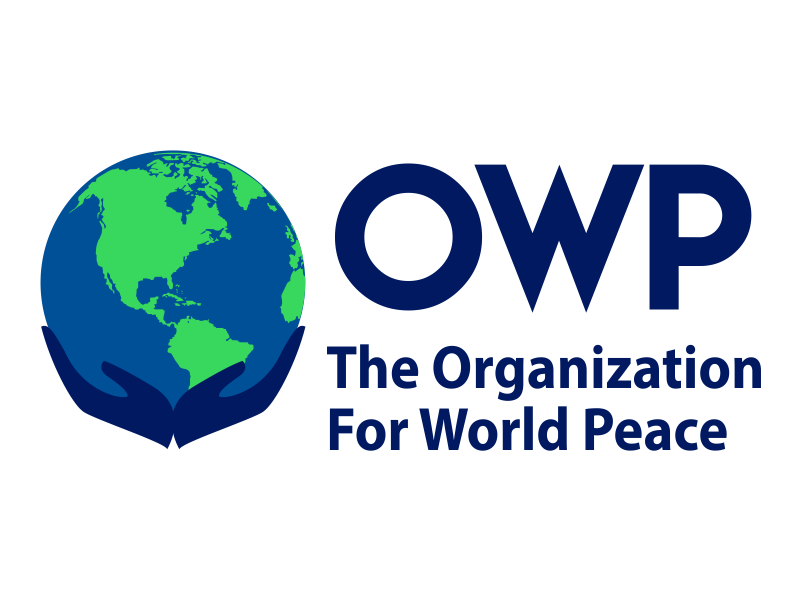On Sunday the 11th of July, the leaders of North Korea and China exchanged messages vowing to strengthen cooperation between their two nations. These messages came on the 60th anniversary of a treaty of friendship, cooperation, and mutual assistance between the two nations, and at a time when both may feel increasingly threatened by the United States and its allies.
In a message to Chinese President Xi Jinping, North Korean leader Kim Jong Un said it is “the fixed stand” of his government to “ceaselessly develop the friendly and cooperative relations” between the countries. The state-run Korean Central News Agency quoted Kim as saying, “Despite the unprecedentedly complicated international situation in recent years the comradely trust and militant friendship between the DPRK and China get stronger day by day”. KCNA also relayed Chinese leader Xi Jinping’s message, claiming that he plans to provide greater happiness to the two countries and their people by strengthening communication with Kim and “by steadily leading the relations of friendship and cooperation between the two countries to a new stage”.
The relationship between Beijing and Pyongyang is a long-standing, but contentious, one. North Korean leadership fought alongside Chinese soldiers in the 1930s against Japanese aggression in the region, and the two nations established diplomatic relations in 1949. China also supported North Korea following the latter’s surprise attack against South Korea in 1950, with support given throughout the subsequent Korean War. However, the relationship between the two nations has also seen major discord – particularly after North Korean critics decried the Cultural Revolution and disparaged Mao Zedong during the 1960s. However, the treaty celebrated on the 11th of July – the China-DPRK Treaty on Friendship, Cooperation and Mutual Assistance – stands out. Not only has it seemingly stood firm over 60 years, it is in fact the only defense treaty either nation has with any other. While it would be easy to deride the treaty itself as an artifact of the Cold War, these latest messages could point in a different direction.
While some could deride these latest exchanges as symbolic, they come as both nations attempt to protect themselves from perceived hostility. China is coming under increased scrutiny by Western powers as concerns over the treatment of Uyghurs as well as the allegedly-predatory nature of China’s Belt and Road Initiative come to the fore, while North Korea is grappling with economic hardship exacerbated by the COVID-19 pandemic and American-led sanctions. The strengthening of ties between the two allies is not necessarily tacit support of one another, but instead the pragmatic response to geopolitical realities. Park Won-gon, Professor of North Korean Studies at Ewha Womans University, told reporters of AFP news agency that the relationship is “a marriage of convenience”. The two nations have a long history, with discord since the end of the Korean War, and as such will “never really trust each other”. However, to deal with the United States, the two nations will draw closer to one another. However, in Park’s view such an outcome would make it much harder to achieve a de-nuclearised Korean peninsula.
- American Hypersonic Missile Test Signifies New Arms Race - October 27, 2021
- A New Arms Race? Successful Hypersonic Missile Test By China Heralds A New Era - October 20, 2021
- U.S.-Taliban Talks Underway In Qatar - October 10, 2021


